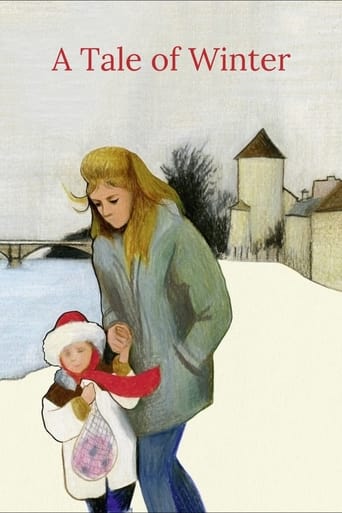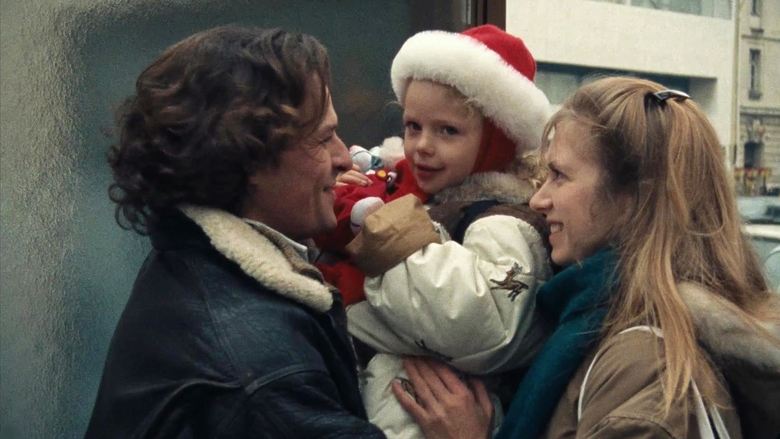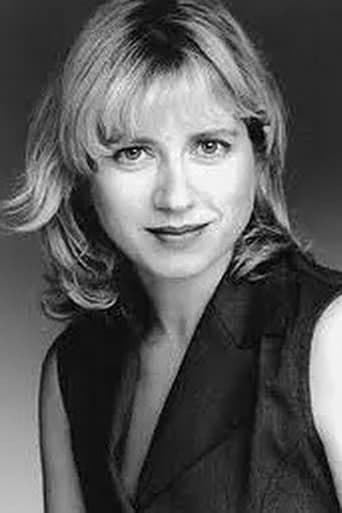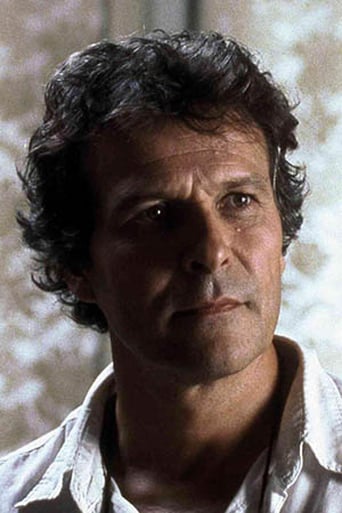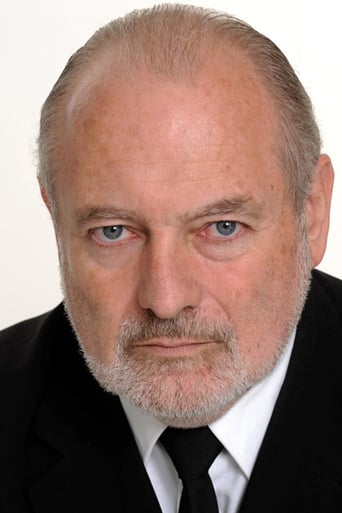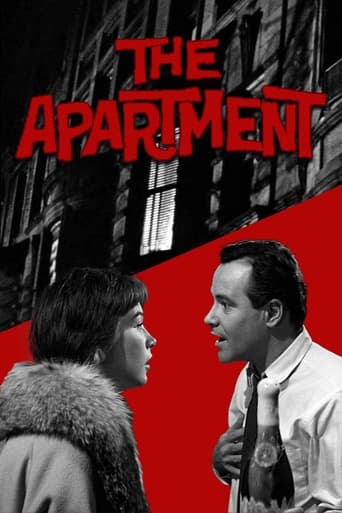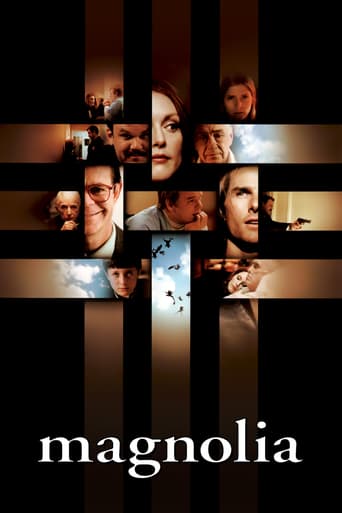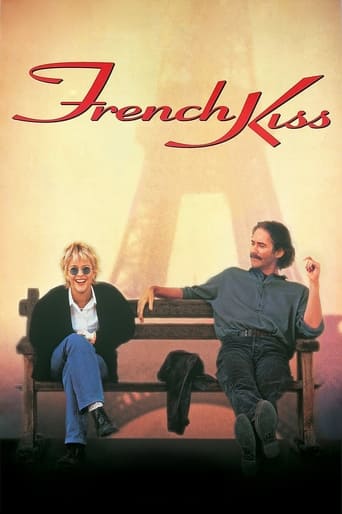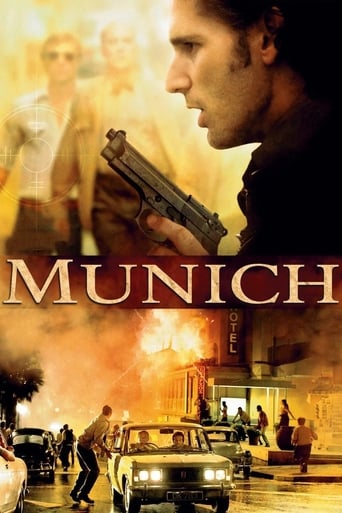A Tale of Winter (1992)
Felicie and Charles have a whirlwind holiday romance. Due to a mix-up on addresses they lose contact, and five years later at Christmas-time Felicie is living with her mother in a cold Paris with a daughter as a reminder of that long-ago summer. For male companionship she oscillates between hairdresser Maxence and the intellectual Loic, but seems unable to commit to either as the memory of Charles and what might have been hangs over everything.
Watch Trailer
Cast


Similar titles
Reviews
Very disappointing...
Undescribable Perfection
It’s sentimental, ridiculously long and only occasionally funny
The film never slows down or bores, plunging from one harrowing sequence to the next.
As he grew older it seemed veteran screen-writer and director Eric Rohmer grew a little more romantic and a little less cynical of life and love. His most famous work, the "Six Moral Tales" of the late 60s are expose's of human failings, pomposity and self obsession. Most of the characters are deeply flawed and many, though fascinating in their way, are distinctly hard to like or forgive. In the "Proverbs & Comedies" series of the 80s , the tales of life are a little softer, lighter, the characters more sympathetic and once the 1990's arrive and Rohmer's new "Four Seasons" series finds it feet, that trend has developed further. The FOUR SEASONS stories carry a little more plot and rely less on the fairly heavy philosophy and religious conviction one would have encountered in MY NIGHT AT MAUD'S for example. There is hope where there had been despair.CONTE D'HIVER is a bitter sweet tale of pretty young hairdresser Felicie and the aftermath of a brief passionate affair with the charming Charles. The result is that she bears his daughter but accidentally loses contact with him before he is aware of this. Life for Filicie is then a matter of putting up with a string of second-best lovers in the vain hope that Charles will somehow re- establish contact. The action flits between Paris and provincial Nevers and as always the people the dialogue and the direction are wonderfully natural. The cinematography and editing are spare and unobtrusive and the acting is superb. There is one sequence, a lengthy scene in which Felicie watches , and is moved by, a stage production of a Shakespeare play that drags on far to long but otherwise this films almost skips along compared to some of the directors previous works, where the pace is always very measured and very slow. In all, a delightful film with a good cast headed by the attractive Charlotte Very, one of several excellent young actresses Rohmer cast around this time (Amanda Langlet and Emanuelle Chaulet being the others that spring to mind). Recommended
Rohmer and his Racinian dialogs remind that persons still exist who make movies as objects destined to a higher appreciation. I am pretty certain that his movie requires more than one viewing. I have found it interesting, nuanced and wellhandled. Rohmer's movies are the true hallmarks of contemporary cinema; It is true that today I have sipped CONTE D'HIVER as an antidote; there was a time when, able to like Fellini, Kitano and Griffi, I disliked a Rohmer movie (as well as movies by Mrs. Duras, Tatiand the fact is that I did not identify their cause as art's own)but nowadays I feel so offended and sickened by the current rubbish and so wholly Europhile that I resorted to Rohmer's outing as to an antidote, a balsam. I had this feeling of approvalyes, this is the way, that is how one should film . I sipped it, I got it approvingly.Rohmer and his uniquely charming art are an encouragement and a substantial achievement for those who seek an adult art;as a movie buff, he had earned my respect long ago. Now, he has earned my esteem as a director as well.I would suggest a small history lessonthe very man who made CONTE D'HIVER (and, incidentally, gave me a renewed taste for the Shakespearian play) is the same who praises Hawks and considers him an essential director; so much about the simplistic dichotomy operated between schools, etc.. So, feel proud to exalt Hawks' movieswhy, this is the sanest thing for a Rohmer fan!
Felicie (Charlotte Véry), another of Eric Rohmer's attractive, smart, but terminally indecisive women is still feeling the effects of the abrupt end to her summer romance five years ago. Having mistakenly given her lover Charles (Frédéric van den Driessche) the wrong address as he was leaving for the U.S., she cannot really love other men and holds onto a strong belief that Charles will one day show up and all will be right with the world. Eric Rohmer's second film in his Four Seasons series, A Tale of Winter, is one of his most engaging romances, a film that like the Shakespeare play of the same name, postulates that passion and strong intention can lead to totally unexpected results.The opening sequence shows Charles and Felicie enjoying the sun, making love, then parting at the end of their vacation. The scene then shifts to Christmas in Paris five years later. Elise (Ava Lorachi), the daughter she had with Charles is now four years old and has seen her father only through photos. Felicie has two lovers but none suit her. Maxence (Michael Voletti) is a heavy set, not too deep hairdresser who is moving from Paris to Nevers and wants Felicie to come with him. She loves being with him but is not madly in love with him. After first saying no, she agrees to go to Nevers but once there, has yet another change of heart after an epiphany about Charles during a visit to a cathedral and returns to her mother in Paris.Felicie's other suitor, Loic (Hervé Furic), is a bookish librarian who is obviously crazy about her but whom she just wants as a friend. He is a Catholic intellectual and Felicie is more free-spirited and they engage in typical Rohmerian exchanges about Christianity, reincarnation and the nature of the soul. A new awareness opens up when she visits the theater with Loic to see Shakespeare's A Winter's Tale. When she sees King Leontes bring a statue of his wife to life after being told, ''It is required that you do awake your faith'', her own ability to "awake her faith" is evoked and leads to one of Rohmer's more upbeat and satisfying conclusions.
I just got a chance to see this movie after seeing all other Rohmer's movies I could get my hands on. After seeing it, I must say it's a superb Rohmer, one of his best, certainly the most accomplished of his Four Seasons, highly reminiscent of My Night With Maud, which still remains my favorite film of the perpetually youthful director. Here you will also find a philosophical discussions on the nature of beauty, love, Pascal's wager (familiar item for a Rohmerian, isn't it?), discussion on personal ('intimate') vs. Catholic faith, the immortality of soul. Of course, the heavy doses of philosophy are beautifully integrated into the film, just like in Maud. These discussions seem organical, natural -- the characters really mean what they say here. Like one character said to the main heroine, "You're articulate, because you let your feelings talk" and "I love you because I can read your heart", even if the heroine seemingly has a change of heart every 5 minutes :) I must applaud the lead actress(who's also a great beauty) for her heartfelt, genuine performance. I felt like I knew this woman somewhere before, that I could understand her every action and her every thought. The film is also bittersweet, like a many Rohmer films, yet in this film the melancholy feeling is more pronounced, somewhere on par with 'My Night with Maud'. It also reminded me of Richard Linklater's "Before Sunrise"; this film beautifully depicted what feelings Linklater's Jesse and Celine might've had during those long 9 years of separation -- the feelings of longing, of hope, of great joy they'd find in meeting each other again, of "the joy so great it'd be worth giving your life for", in the main heroine's words.What else to say -- I loved these people, they felt real, genuine, and above all hopeful and blessed by love. I loved Felicie and her absent Charles as much as I loved Rohmer's Maud and Jean-Louis, Linklater's Jesse and Celine, David Lean's Laura and Alec -- that is to say a lot. By the end of the movie they've become my friends.

